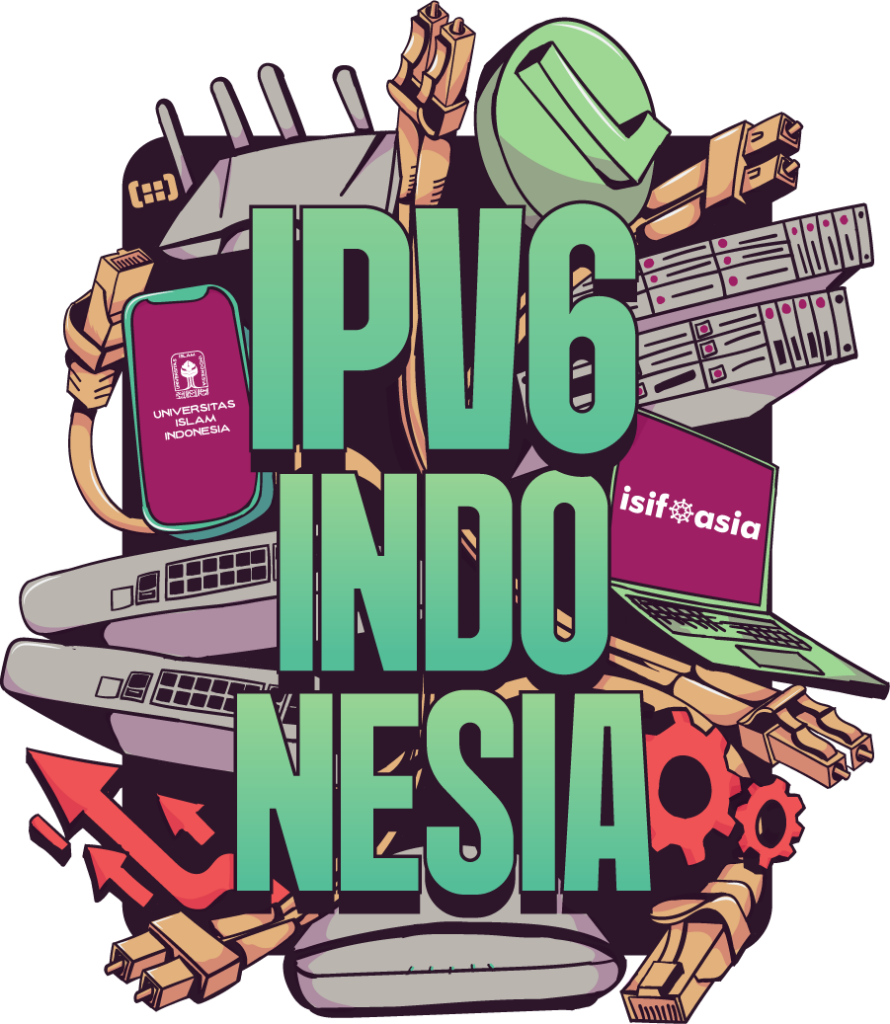IPv6 Anywhere: Accelerating IPv6 Adoption with Multiple Deployment Models

The transition to IPv6 is no longer an option, it is a necessity. With the depletion of IPv4 addresses and the increasing demand for seamless connectivity, organizations worldwide must adopt IPv6 to ensure future-proof networks. However, the adoption of IPv6 presents several challenges, ranging from technical complexities to deployment strategies. To overcome these obstacles, various deployment models have been developed, enabling businesses, ISPs, and enterprises to implement IPv6 in a way that best fits their needs.
Different deployment models offer flexibility in IPv6 implementation, allowing organizations to transition smoothly. Dual-stack deployment enables IPv4 and IPv6 to run simultaneously, ensuring backward compatibility. Tunneling methods, such as 6to4 and Teredo, facilitate IPv6 connectivity over existing IPv4 infrastructure. Meanwhile, native IPv6 deployment provides a more robust, long-term solution for organizations fully prepared to embrace the future of networking. Choosing the right deployment model allows businesses to accelerate their transition with minimal disruptions.
In Indonesia, the IPv6 Indonesia Project, managed by Universitas Islam Indonesia (UII) and fully funded by ISIF.ASIA, is actively driving IPv6 adoption. This initiative focuses on advancing IPv6 deployment in Research & Education, Private, and Government sectors by offering training, appliances, and tools to assist enterprises in upgrading their network infrastructure. Since 2018, UII has successfully implemented IPv6 across its entire network, serving over 30,000 users. Throughout this process, the university has gained valuable experience both successes and challenges that have shaped its approach. Today, nearly 60% of UII’s internet traffic runs on IPv6, demonstrating the feasibility and impact of large-scale IPv6 deployment.
The lessons learned from UII’s large scale IPv6 deployment serve as a valuable reference for other institutions and enterprises looking to transition. The challenges faced, such as network configuration complexities and application compatibility, highlight the importance of careful planning and technical expertise. Through training sessions and hands-on deployment support, the IPv6 Indonesia Project equips IT professionals and decision-makers with the knowledge and tools necessary for successful IPv6 implementation.
Beyond the technical aspects, policy support and collaboration are essential for accelerating IPv6 adoption. Governments and regulatory bodies play a critical role in formulating policies that encourage IPv6 implementation, while industry partnerships foster innovation and the exchange of best practices. Many global organizations have already mandated IPv6 adoption as part of their digital transformation strategies, setting a precedent for others to follow.
As digital transformation continues to advance, the demand for IPv6 will only increase. Organizations that act now will gain a competitive advantage, benefiting from improved scalability, enhanced security, and seamless connectivity for the Internet of Things (IoT) and future applications. With multiple deployment models available and dedicated initiatives like the IPv6 Indonesia Project, IPv6 can be implemented anywhere ensuring a smooth, efficient, and future ready internet for all